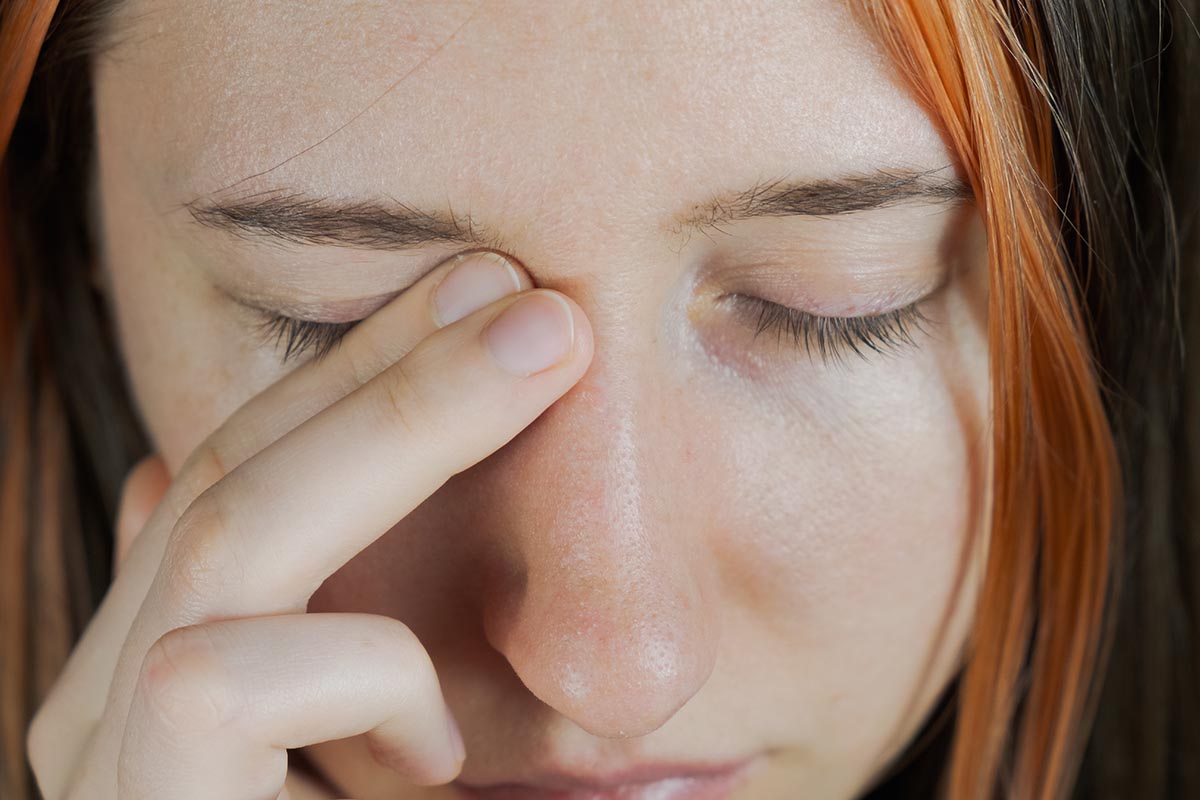Heroin addiction is a pervasive and devastating issue that affects individuals and communities across the globe. Recognizing the signs of heroin addiction is the first step towards seeking the essential help and support needed for recovery through an addiction treatment program. In this blog, we will delve into the six key signs of heroin addiction, emphasizing the importance of early intervention and guiding individuals towards heroin addiction treatment.
1. Drastic Changes in Behavior and Mood
One of the primary signs of heroin addiction is a noticeable shift in behavior and mood. Heroin users may become increasingly secretive and withdrawn as their lives become consumed by their addiction. They may display erratic emotional states, ranging from extreme euphoria during use to intense depression and irritability when not under the influence. This abrupt change in behavior and mood often strains relationships with loved ones and is an indicator that professional help, such as a heroin addiction treatment program, is required.
2. Physical Signs of Heroin Use
Heroin addiction can result in various physical signs and symptoms that are telltale indicators of drug use. These may include:
– Needle marks or “track marks” on the arms or other parts of the body where heroin is injected.
– Frequent nosebleeds and a runny or congested nose due to snorting heroin.
– Constricted or “pinpoint” pupils, even in well-lit environments.
– A noticeable decline in personal hygiene and grooming.
– Slurred speech and drowsiness.
Observing these physical manifestations should prompt concern and motivate individuals to seek help for their heroin addiction.
3. Neglecting Responsibilities and Interests
As heroin addiction takes hold, individuals often lose interest in their once-important responsibilities and activities. This can include neglecting work, school, hobbies, and even personal relationships. Heroin becomes the primary focus, pushing aside any other obligations or interests. The decline in performance at work or school, combined with a disinterest in maintaining social connections, serves as a clear sign that addiction has taken hold and necessitates professional intervention.
4. Financial Struggles
Heroin addiction is financially burdensome, as obtaining the drug becomes an all-consuming priority. Addicts often spend substantial sums of money to acquire heroin, leading to financial instability and potentially resorting to stealing or engaging in illegal activities to support their habit. Financial troubles, such as unpaid bills, drained savings, and the sale of personal belongings, are significant red flags of heroin addiction that demand immediate attention and heroin addiction treatment.
5. Withdrawal Symptoms
When a heroin addict is not using the drug, they may experience withdrawal symptoms, which can be a clear sign of addiction. These symptoms can include intense cravings, anxiety, irritability, muscle aches, nausea, vomiting, diarrhea, and more. Individuals may go to great lengths to avoid these withdrawal symptoms, which can perpetuate their addiction. Heroin addiction treatment can help individuals safely detox and manage these withdrawal symptoms while providing crucial support for long-term recovery.
6. Decline in Physical Health
The use of heroin can have severe consequences for an individual’s physical health. Addicts may experience a weakened immune system, increased risk of infections, and deteriorating overall health. Long-term heroin use can lead to heart problems, respiratory issues, and organ damage. Chronic use can result in overdose, which can be fatal. Recognizing the physical toll that heroin addiction takes on the body is a crucial sign that intervention through heroin addiction treatment is vital to prevent further health deterioration.
Recognizing the signs of heroin addiction is a critical step toward seeking the appropriate treatment and support needed for recovery. The signs may vary from person to person, but common indicators include drastic changes in behavior and mood, physical signs of heroin use, neglecting responsibilities and interests, financial struggles, withdrawal symptoms, and a decline in physical health. Heroin addiction treatment offers a comprehensive approach to addressing these issues, providing individuals with the tools and support necessary to break free from addiction and embark on a path to lasting recovery. If you or someone you know is struggling with heroin addiction, it is crucial to reach out to a trusted treatment facility to begin the journey towards a healthier and drug-free life. Remember, there is hope, and recovery is possible.






